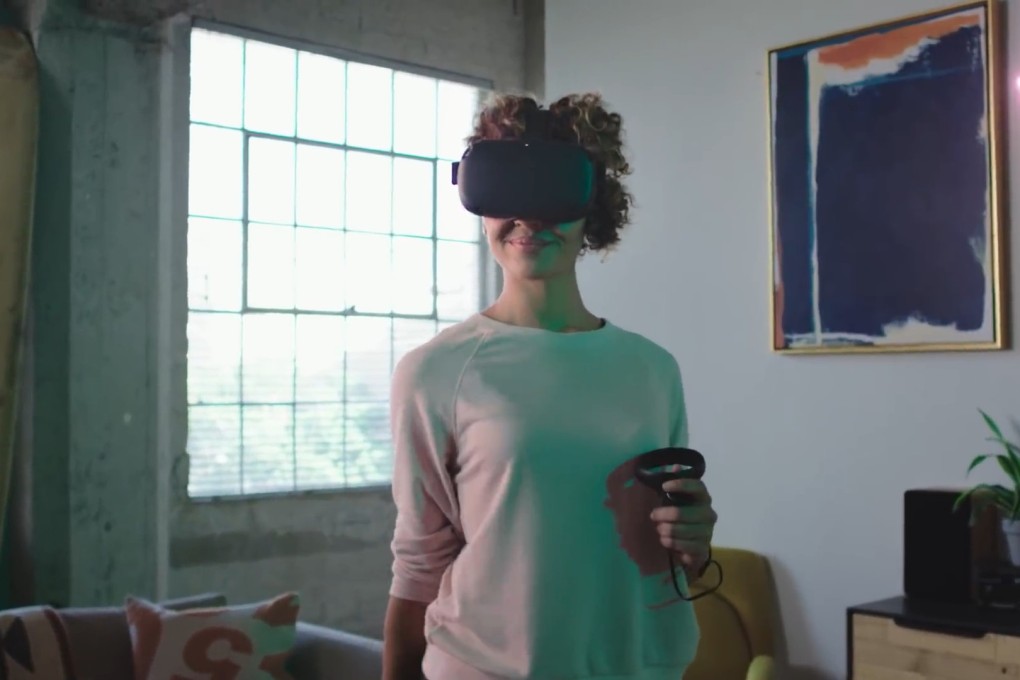Will the pandemic give a boost to virtual reality?
Experts say social activities and entertainment in VR will be more attractive in the long term as people are stuck at home curing the Covid-19 pandemic

High-end virtual reality headsets have been available for years now. But even as the technology has improved immensely, it’s never managed to lure people away from the real world. Devices are bulky and pricey, and the VR experience often isn’t as great as it’s made out to be.
Now with the coronavirus pandemic spreading rapidly across the globe, there’s cause to rethink VR tech. But is being cooped up at home enough to get people to turn to VR when screens often suffice for gaming and chatting?
“I have been doing research in VR for at least 15 years. I have equipment at home, but I rarely used it,” said Sylvia Pan, lecturer on virtual reality at Goldsmiths, University of London.
Pan, who also teaches courses about VR on Coursera, says the Covid-19 pandemic has pushed many people to use VR in ways they hadn’t before. Some people also started using VR devices again after leaving them idle for a long period of time, she added.

Pan said she started using her Oculus Quest more often as the situation in the UK got worse. Instead of going to the gym, she exercised using Dance Central, a music game available on a variety of platforms. And she also stopped going out for meetings, instead opting to meet people in VR using conferencing apps Mozilla Hubs and Microsoft’s AltspaceVR.